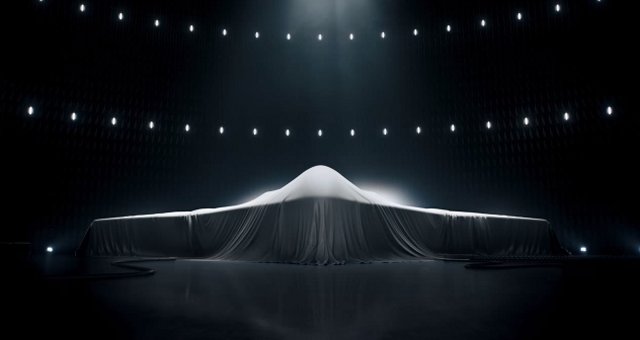Breaking news
USAF awards the $80bn Long Range Strategic Bomber contract to Northrop Grumman.
| a | |||
|
|
|||
|
World Aviation Defense & Security Industry News - Northrop Grumman
|
|||
|
|
|||
| USAF awards the $80bn Long Range Strategic Bomber contract to Northrop Grumman | |||
|
Northrop Grumman has beaten out a team of Boeing and Lockheed Martin for the highly-anticipated contract to build the U.S. Air Force‘s Long Range Strike Bomber (LRS-B) plane, US Defense Department officials announced Tuesday, Oct. 27, 2015. The bomber is slated to be ready for initial combat use by 2025.
|
|||
|
|
|||
 Northrop Grumman teased a new stealth bomber during last year's Super Bowl and won yesterday the LRS-B/B3 bomber contract Northrop Grumman teased a new stealth bomber during last year's Super Bowl and won yesterday the LRS-B/B3 bomber contract(Credit: Northrop Grumman) |
|||
|
|
|||
|
"The Air Force has made the right decision for our nation's security," said Wes Bush, chairman, chief executive officer and president, Northrop Grumman. "As the company that developed and delivered the B-2 Spirit stealth bomber, we look forward to providing the Air Force with a highly-capable and affordable next-generation Long-Range Strike Bomber.
"Our team has the resources in place to execute this important program, and we're ready to get to work," Bush added. The development contract includes options for the first 21 aircraft of what could become an at least 100-aircraft production run. Pentagon estimators place the cost of development at $23.5 billion in fiscal year 2016 dollars, and the aircraft itself valued at $564 million per bomber. "Building this bomber is a strategic investment in the next 50 years," U.S. Defense Secretary Ash Carter told reporters. "It demonstrates our commitment to our allies and our determination to potential adversaries, making it crystal clear that the United States will continue to retain the ability to project power throughout the globe long into the future." The LRS-B fleet is needed to replace the Boeing B-52H and Rockwell B-1B fleets that lack low observability to radar. The Air Force Rapid Capabilities Office directed the three-year-long prototyping, risk-reduction and source selection process with each side's design being brought up to the preliminary design review stage. The award marks the Air Force's second drive to start replacing its aging B-52 and B-1 bombers in recent years. Former Defense Secretary Robert Gates canceled the first program in 2010 because he thought it was too ambitious and expensive. |
|||



















